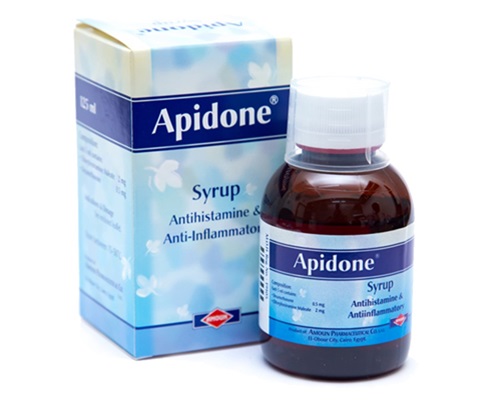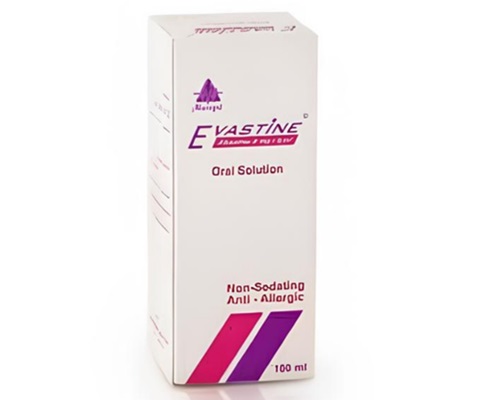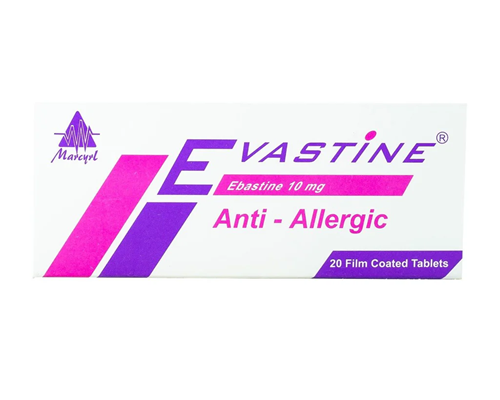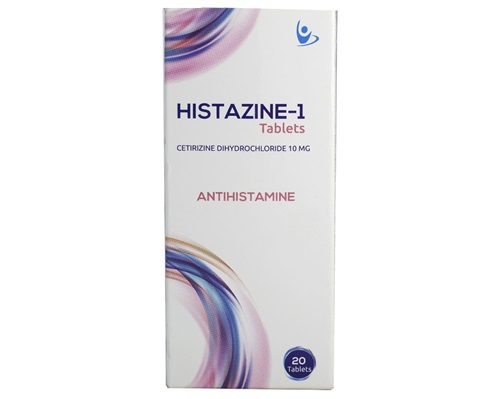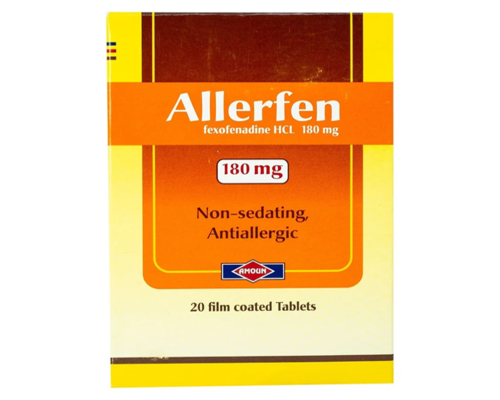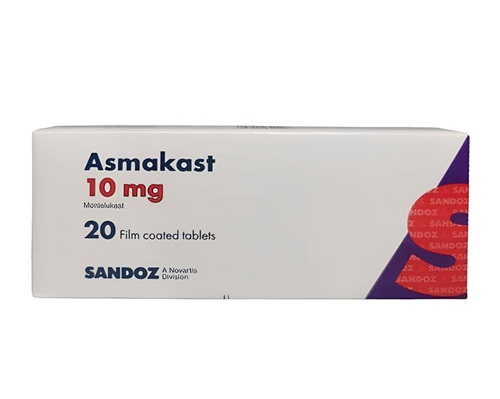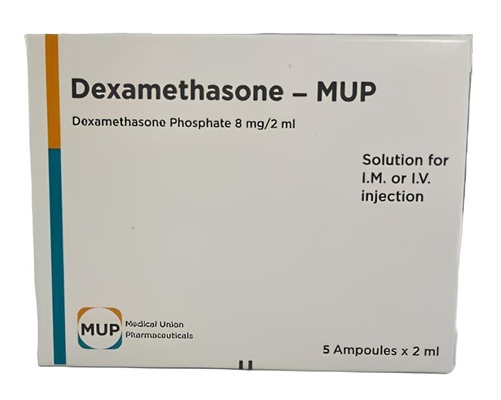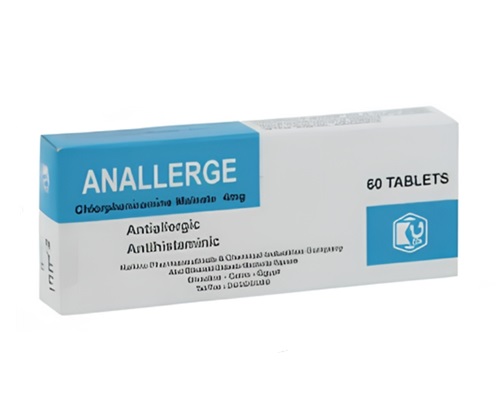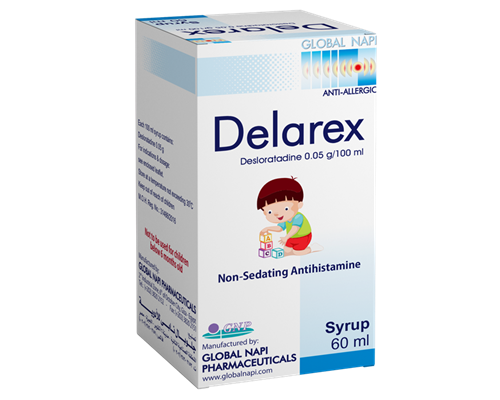Description
Tradename:
Apidone
Compound:
Every 5 ml of syrup contains:
Dexamethasone 0.5 mg
Chlorpheniramine maleate 2 mg
Auxiliary components:
Methylparaben, propylparaben, glycerin, ethanol 95%, sugar, purified water.
Properties:
Glucocorticosteroid (GCS) is a methylated fluoroprednisolone derivative that inhibits the release of interleukin-1 and interleukin-2, interferon-gamma from lymphocytes and macrophages. It has anti-inflammatory, antiallergic, desensitizing, antishock, antitoxic and immunosuppressive effects.
Suppresses the release of adrenocorticotropic hormone (ACTH) and beta-lipotropin by the pituitary gland, but does not reduce the content of circulating beta-endorphin. Inhibits the secretion of thyroid-stimulating hormone (TSH) and follicle-stimulating hormone (FSH). (chlorpheniramine), has sympathomimetic activity.
Indications:
Allergic reactions to drugs and foods: serum sickness, drug exanthema, urticaria, angioedema, allergic rhinitis, hay fever.
– diseases, dangerous visual impairment (acute central chorioretinitis, inflammation of the optic nerve);
-allergic conditions (conjunctivitis, uveitis, scleritis, keratitis, iritis);
-systemic immune diseases (sarcoidosis, temporal vasculature);
-proliferative needs in the orbit (endocrine ophthalmopathy, pseudotumors), sympathetic ophthalmia;
-immunosuppressive therapy for corneal transplantation;
-ulcerative colitis, Crohn’s disease, local enteritis.
Directions for use and dosage:
Children 2-6 years: 2.5 ml approximately 4-6 hours. maximum daily dose 15 ml.
Children 6-12 years old: 5 ml every 4-6 hours. maximum daily dose 30 ml.
Adults and children over 12 years of age: 10 ml every 4-6 hours. maximum daily dose 60 ml.
Contraindications:
– hypersensitivity to the active or auxiliary component of the drug;
-peptic ulcer of the stomach and duodenum;
-osteoporosis;
– acute viral, bacterial and systemic fungal infections (when no additional therapy is provided);
– Cushing’s syndrome – severe arterial hypertension;
– severe renal failure;
-obesity III – IV degree;
– active form of tuberculosis;
– acute psychoses;
-pregnancy and lactation period;
– liver cirrhosis or chronic hepatitis;
-children up to 2 years old.
Precautionary measures:
For diabetes mellitus, tuberculosis, bacterial and amoebic dysentery, arterial hypertension, thromboembolism, heart and kidney failure, ulcerative colitis, diverticulitis, newly formed intestinal anastomosis, the use of Dexamethasone must be very careful and if adequate treatment of severe diseases is possible. If the patient has a history of psychosis, then treatment with glucocorticosteroids is carried out only for health reasons.
Side effects:
Frequent:
Transient adrenal insufficiency, decreased developmental tolerance, increased appetite and weight gain, the presence of diseases.
Uncommon:
Hypersensitivity reactions, elevated plasma triglyceride levels, gastric ulcers, acute inflammation of the pancreas.

